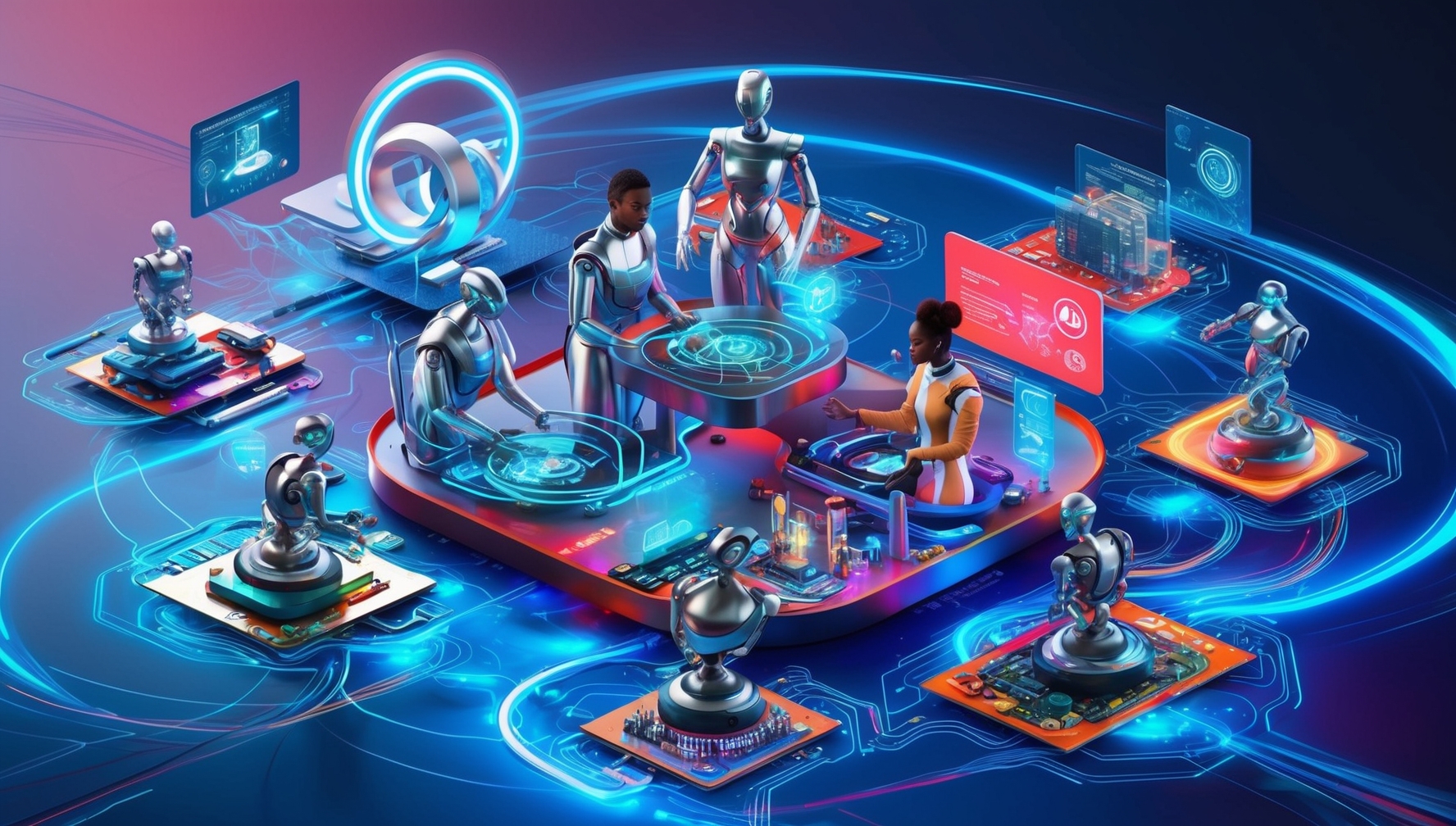The advent of smart, connected products has initiated a transformative shift from product-based to service-based business models in the manufacturing industry. Legacy products are struggling to stay relevant in the face of rapid innovation, and companies are challenged to balance investing in these traditional offerings while exploiting new, digitally-enabled opportunities.
The e-Book highlights the key issues faced by manufacturers today. By 2020, manufacturers estimate that almost 50% of their products will be smart and connected, indicating a pressing need to foster digital capabilities. Yet, most companies lack non-physical skills such as data, IT, and software competencies. Hiring alone does not easily bridge this skills gap, requiring significant investment in digital training and new collaborative work models for existing staff.
Simultaneously, manufacturers must rethink their approach to legacy product innovation as they struggle to maintain "digital continuity" across product lifecycles. Furthermore, while manufacturers have shown enthusiasm for new technologies, effectively scaling these efforts remains challenging. Only 21% of manufacturers are advanced in transforming their innovation and engineering approaches.
The e-Book addresses these challenges, demonstrating the critical role of digital engineering in stimulating growth and fostering resilience in the manufacturing sector. It estimates that the global market for smart, connected products could be worth up to $685 billion by 2020, emphasizing the significant opportunity.
The book presents a roadmap for manufacturers to capitalize on the servitization opportunity, transform their approach to innovation and engineering, and nurture a digital skills base. It advocates the creation of an extended digital ecosystem and collaborative partnerships to design and deliver new end-to-end services.
Moreover, it draws attention to the crucial role of data and AI technologies in driving product innovation. It underlines the importance of digital investment and a culture of experimentation and agility.
As manufacturers grapple with these disruptive changes, "Digital Engineering: The New Growth Engine for Discrete Manufacturers" is a comprehensive guide to navigate the transition and seize the opportunities of the digital age.
The learnings from this paper can be very valuable for CIOs, enabling them to navigate the challenges and opportunities that digital transformation presents in the manufacturing sector. Here are a few ways CIOs can leverage this information to address real-world problems:
- Driving Digital Transformation: The paper underscores the shift from product-centric to service-centric models due to the advent of smart, connected products. CIOs can take this as an imperative to lead digital transformation initiatives within their organizations, fostering a shift in mindset and strategy.
- Skills Gap Mitigation: With non-physical skills like data management, IT, and software competencies becoming increasingly crucial, CIOs can initiate and champion training programs. This could help existing employees develop these skills and bridge the identified skills gap rather than relying solely on new hires.
- Promoting Collaboration: The paper emphasizes the importance of an extended digital ecosystem and collaboration with external partners. CIOs can facilitate this by implementing technologies that support collaboration and building relationships with startups and third-party service providers.
- Legacy Product Management: While new digital offerings are important, maintaining and updating legacy products is equally crucial. CIOs can apply learnings from this paper to ensure "digital continuity" across the product lifecycle, creating a balance between legacy and new offerings.
- Data-Driven Decision Making: The research indicates manufacturers struggle to harness data for innovation. As leaders in IT, CIOs can spearhead the implementation of advanced analytics and AI technologies, transforming data into actionable insights for product innovation.
- Investing in Digital Technologies: With a significant proportion of manufacturers planning to invest heavily in digital solutions, CIOs can leverage this information to justify and secure a budget for such initiatives while ensuring the IT budget is being used efficiently and not excessively spent on maintaining legacy systems.
- Fostering a Culture of Experimentation and Agility: The paper identifies a culture of experimentation and agility as a characteristic of successful companies. As part of the leadership team, CIOs can work towards cultivating such a culture within their organizations.
By applying these insights, CIOs can play an instrumental role in enabling their organizations to capitalize on the opportunities presented by the digital age while effectively managing the associated challenges.

